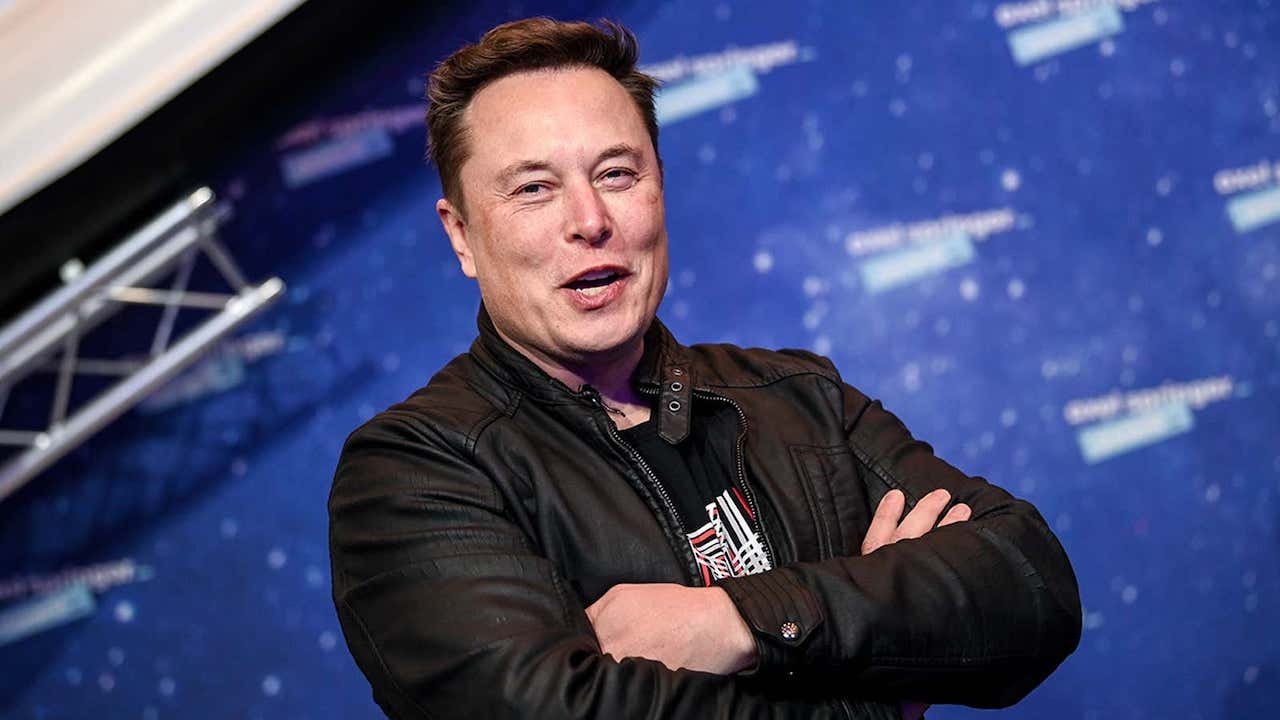Elon Musk, who recently made a bid to purchase Twitter despite not having the cash on-hand to do it, believes the platform should be open-source and that it should have next to no content moderation.
Earlier in April, Musk became Twitter's largest shareholder after complaining about the social media platforms content moderation policies. He eventually pulled out of an offer to join the company's board of directors, and has since placed a bid to buy Twitter outright.
On Thursday, Musk made his first non-tweet comments about the potential deal since the saga began at a TED event. He explained that "Twitter has become kind of the de-facto town square," and he believes people should be able to "speak freely within the bounds of the law."
Speaking of specific changes he would make, Musk said that Twitter should take a hands-off approach to moderating content.
"Any changes to people's tweets — if they're emphasized or de-emphasized — that action should be made apparent," Musk said. "So anyone can see that that action has been taken so there's no sort of behind-the-scenes manipulation, either algorithmically or manually."
Additionally, he says the platform should open-source its algorithms. The platform's code should be posted to GitHub so users can examine it themselves, he added.
On content moderation, Musk said there there should be little of it.
"I think we would want to err on the side of, if in doubt, let the speech exist," he said. "I'm not saying that I have all the answers here."
The outspoken billionaire also noted that he dislikes permanent bans, stating that he thinks "timeouts" are better than any permanent removals from a platform.
Twitter has since confirmed Musk's bid to purchase the company, and says it will "carefully review the proposal to determine the course of action that it believes is in the best interest of the Company and all Twitter stockholders."
According to The New York Times, many Twitter employees are "dismayed" at Musk's potential acquisition of the platform.
Musk has also recently been sued by Twitter shareholders over a delay in reporting his investment to the Securities and Exchange Commission.
 Mike Peterson
Mike Peterson








 Marko Zivkovic
Marko Zivkovic
 Christine McKee
Christine McKee
 Andrew Orr
Andrew Orr
 Andrew O'Hara
Andrew O'Hara
 William Gallagher
William Gallagher

 Mike Wuerthele
Mike Wuerthele
 Bon Adamson
Bon Adamson




-m.jpg)


